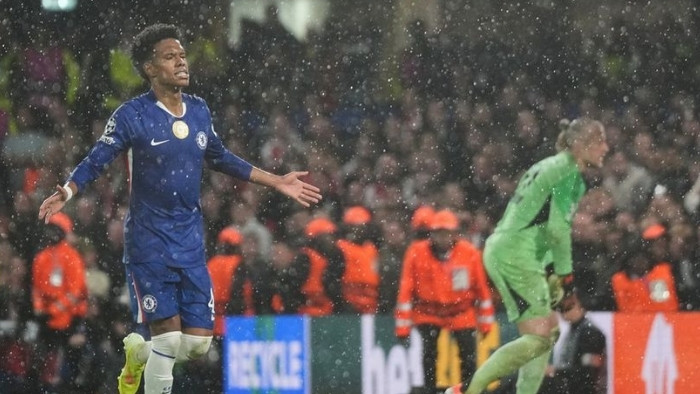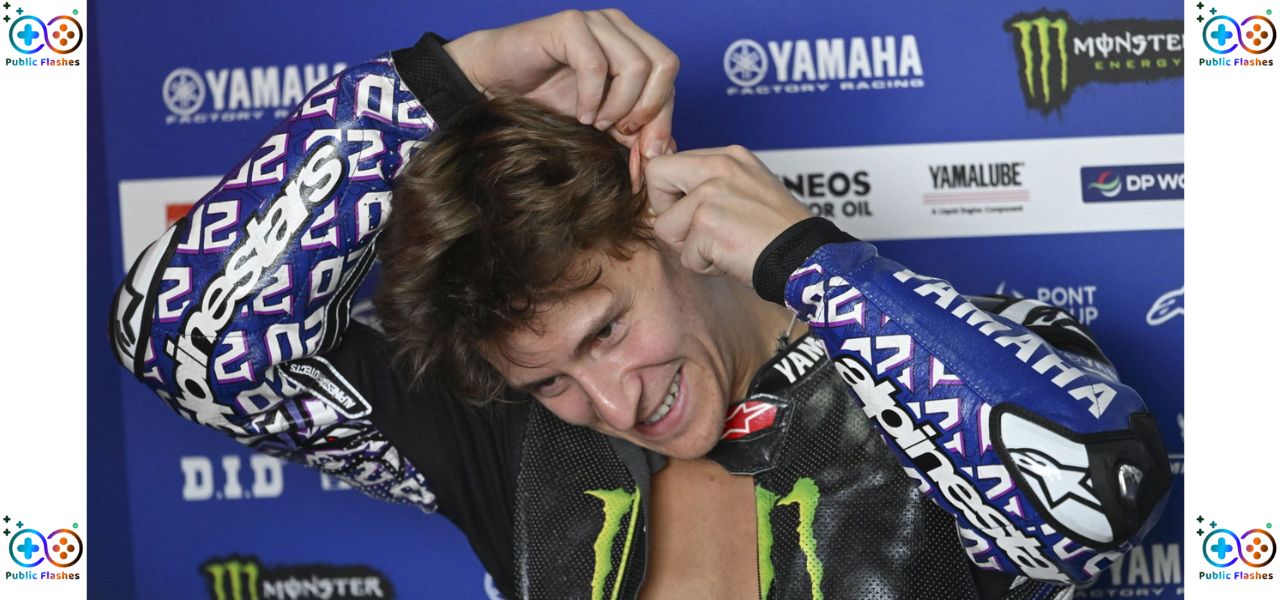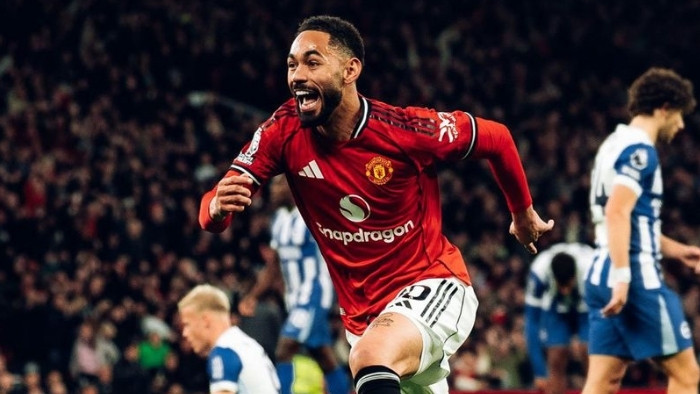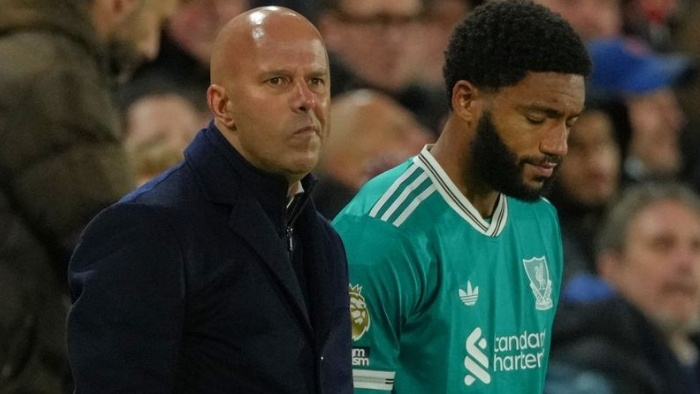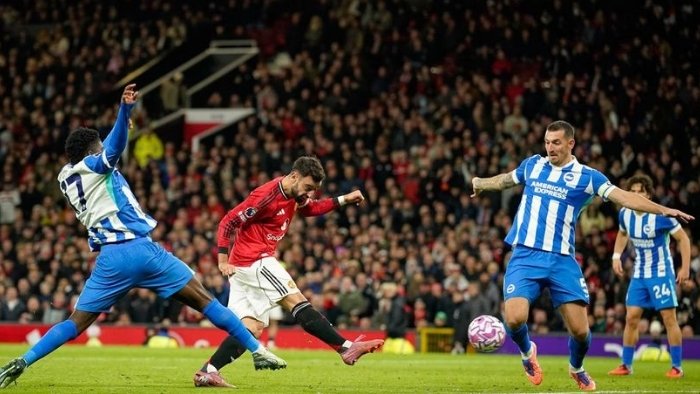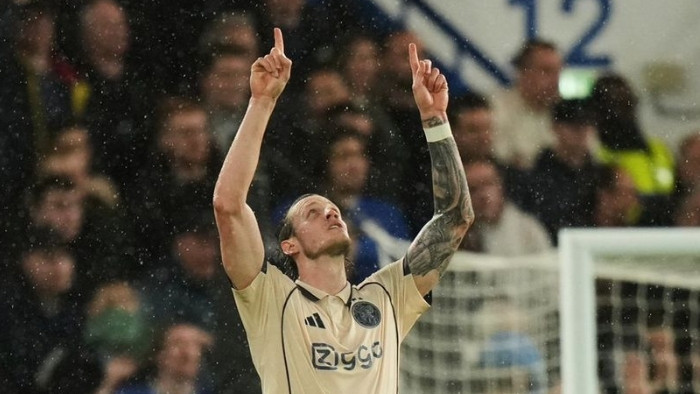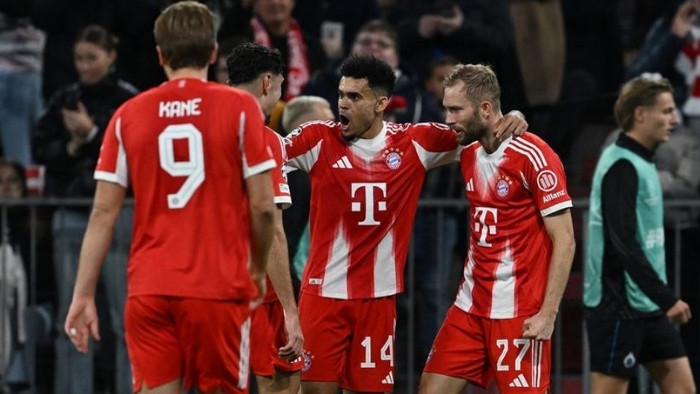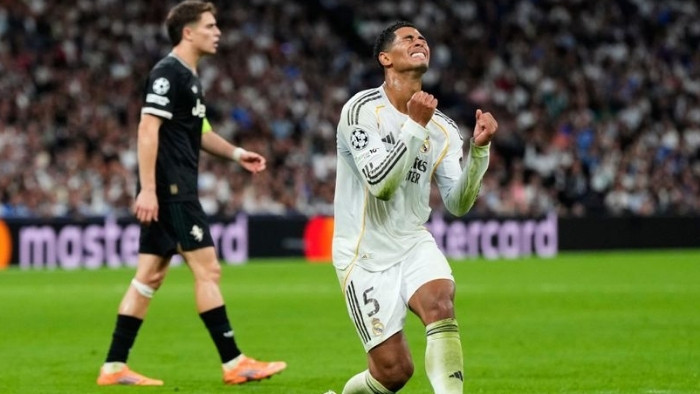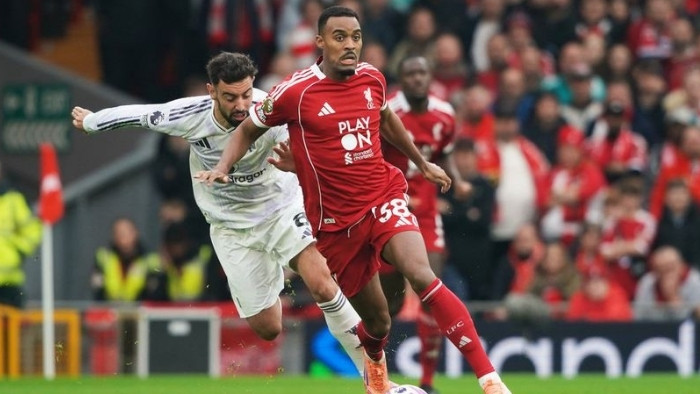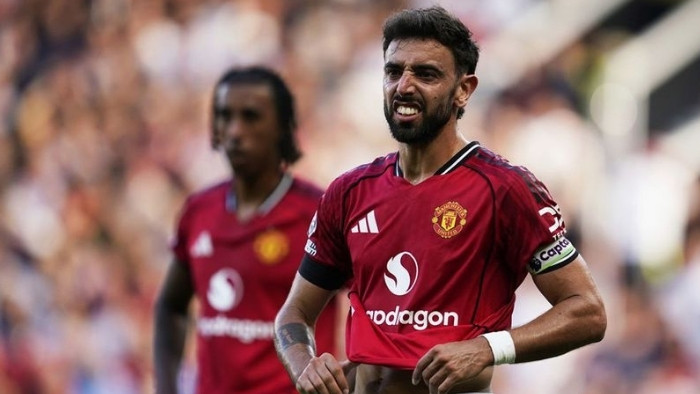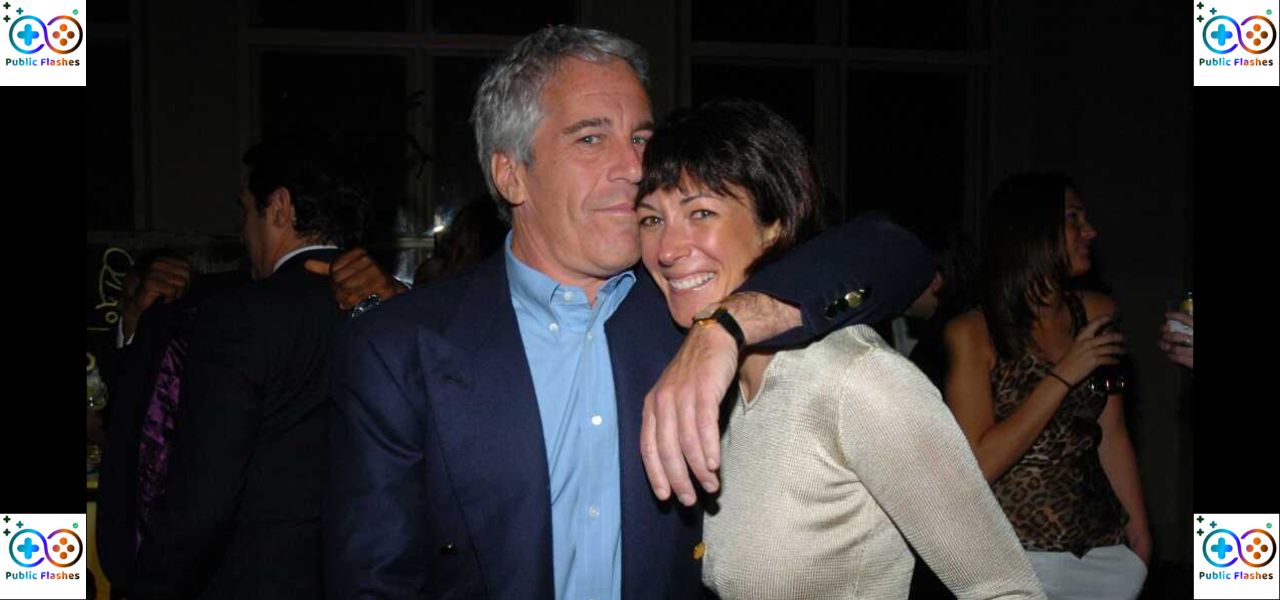Champions League Wonderkids Rewrite History
The Champions League, a stage built for legends, witnessed a new generation rise under its brightest lights. Three young prodigies—Marc Guiu, Estevao Willian, and Lennart Karl—stole the spotlight and shattered records. Their brilliance marked the dawn of football’s next era, where youth fear nothing and talent burns fiercely.
Guiu and Estevao made Chelsea’s future shine brighter than ever, while Lennart Karl announced himself as Bayern Munich’s newest sensation. Each performance told a story of courage, confidence, and unrelenting hunger.
Marc Guiu: The Goal That Shook Europe
Marc Guiu’s name echoed across Stamford Bridge as the teenager etched himself into Chelsea’s history books. The 18-year-old striker scored on his Champions League debut, becoming one of the youngest scorers in the club’s European history.
From the first whistle, Guiu played with fearlessness. He pressed defenders, chased every loose ball, and demanded possession. His determination inspired the entire team. Every run carried purpose, and every touch reflected composure beyond his years.
His goal came in the 67th minute. A clever pass from Enzo Fernández sliced through the defense. Guiu controlled the ball smoothly, glanced at the keeper, and buried the shot into the bottom corner. The stadium exploded.
Chelsea fans stood in disbelief, celebrating not just the goal but the arrival of a new hero. Guiu’s teammates surrounded him, knowing this moment symbolized more than a single strike—it represented the promise of Chelsea’s future.
Coach Enzo Maresca later said, “Marc trains like a veteran. He plays with the heart of a lion. This is just the beginning.”
Guiu’s goal not only sealed victory but also reminded everyone that talent, when fearless, can rewrite tradition.
Estevao Willian: The Brazilian Gem Awakens
If Guiu brought energy, Estevao Willian brought magic. The Brazilian teenager dazzled Europe with flair and confidence. His dribbling hypnotized defenders, and his creativity electrified every Chelsea attack.
Estevao, only 17, became the youngest player to assist and score in a single Champions League match for Chelsea. His footwork defied logic. He weaved through defenders as if dancing on glass, and every movement drew applause from both fans and neutrals.
In the 42nd minute, Estevao created the opener. He glided past two markers and slipped a perfect through ball to Guiu. Later, in the second half, he scored with a curling shot from outside the box—a strike filled with elegance and conviction.
Estevao’s performance revealed not only skill but maturity. He tracked back to defend, pressed high, and stayed focused under pressure. His balance between artistry and discipline impressed Maresca deeply.
After the match, the Chelsea manager said, “Estevao plays with joy, but behind that joy lies intelligence. He reads the game like a seasoned pro.”
Fans immediately drew comparisons to Neymar’s early years. Yet Estevao seems different—less showmanship, more substance. His humility complements his brilliance.
At full-time, he raised his hands toward the crowd, smiling modestly. The world had just witnessed the birth of another Brazilian phenomenon.
Lennart Karl: Bayern Munich’s New Star Emerges
While Chelsea celebrated their teenage duo, Bayern Munich found their own rising light in Lennart Karl. The 19-year-old midfielder played with extraordinary vision and poise during Bayern’s 3–1 win.
Karl’s intelligence defined the match. He dictated tempo, broke Juventus’s press, and distributed passes with surgical accuracy. Every movement he made carried calmness. Every decision reflected confidence.
In the 54th minute, Karl delivered a perfect assist to Jamal Musiala, splitting two defenders with a threaded ball that seemed impossible. Later, he scored Bayern’s third goal with a long-range strike that thundered into the top corner.
The Allianz Arena erupted in celebration. German media immediately labeled him “the next Toni Kroos.” However, Karl’s style carries its own identity—more vertical, more daring, more explosive.
Thomas Tuchel praised his pupil after the match. “Lennart plays like he’s been here for ten years,” Tuchel said. “He sees things others don’t. He gives rhythm to chaos.”
Karl’s emergence adds even more depth to Bayern’s midfield. Alongside Musiala and Kimmich, his presence ensures Bayern’s future remains secure for years.
The Youth Revolution Takes Over Europe
This Champions League season proves one truth: the next generation has arrived. Clubs no longer fear trusting teenagers on the biggest stage. Instead, they rely on them to define results.
Marc Guiu, Estevao, and Lennart Karl represent different football cultures—Spain, Brazil, and Germany—but share one mindset: boldness. They play with freedom yet respect structure. They chase glory but remain grounded.
Their rise shows how modern football evolves. Today’s young stars grow faster, train smarter, and adapt quicker. Technology, data analysis, and coaching innovation shape players who think like veterans before turning twenty.
Clubs invest not just in skill but in mentality. Chelsea and Bayern both built systems that nurture composure under pressure. These wonderkids are products of environment as much as talent.
Moreover, their success inspires teammates and challenges older players to stay sharp. The presence of fearless youth keeps entire squads competitive.
Comparing Generations: From Legends to Prodigies
Europe has seen teenage stars before—Messi, Mbappé, Rooney. Yet this new wave feels different. Their maturity exceeds their age, and their tactical understanding rivals experienced professionals.
Guiu’s goal reminded fans of Fernando Torres’s early days. Estevao’s flair evoked Ronaldinho’s creativity. Karl’s control mirrored Luka Modrić’s intelligence. Each represents a fusion of history and modernity.
The difference lies in confidence. These youngsters step onto the pitch without hesitation. They do not wait for moments—they create them. They attack fearlessly, defend diligently, and learn quickly.
Their courage redefines what it means to be young in football. Age no longer limits greatness.
Coaches and Clubs: The Architects Behind the Magic
Behind every prodigy stands a visionary coach. Maresca’s trust in Chelsea’s youth reflects a long-term philosophy rather than a short-term gamble. He allows players to express themselves while maintaining tactical discipline.
Similarly, Tuchel at Bayern continues his tradition of developing young talent. His guidance shaped Karl into a player who balances creativity and control. Both managers share a belief: bravery must accompany talent.
Football today rewards courage—both from players and from those who trust them. Without belief, brilliance fades. With it, legends are born.
Final Thoughts: A New Era Begins
The Champions League’s magic lies not just in trophies but in transformation. This season, we witnessed a generational shift—one powered by teenagers who play with the hearts of veterans.
Marc Guiu gave Chelsea hope. Estevao painted joy into every movement. Lennart Karl restored Bayern’s rhythm with grace and precision.
Each of them carried the spirit of football forward. They proved that youth no longer means inexperience—it means evolution.
As the Champions League journey continues, one truth becomes clear: the future has already arrived, and it wears the fearless smiles of wonderkids rewriting history.
Read too: Real Madrid vs Juventus: Bellingham Shines, Vinicius Dominates
